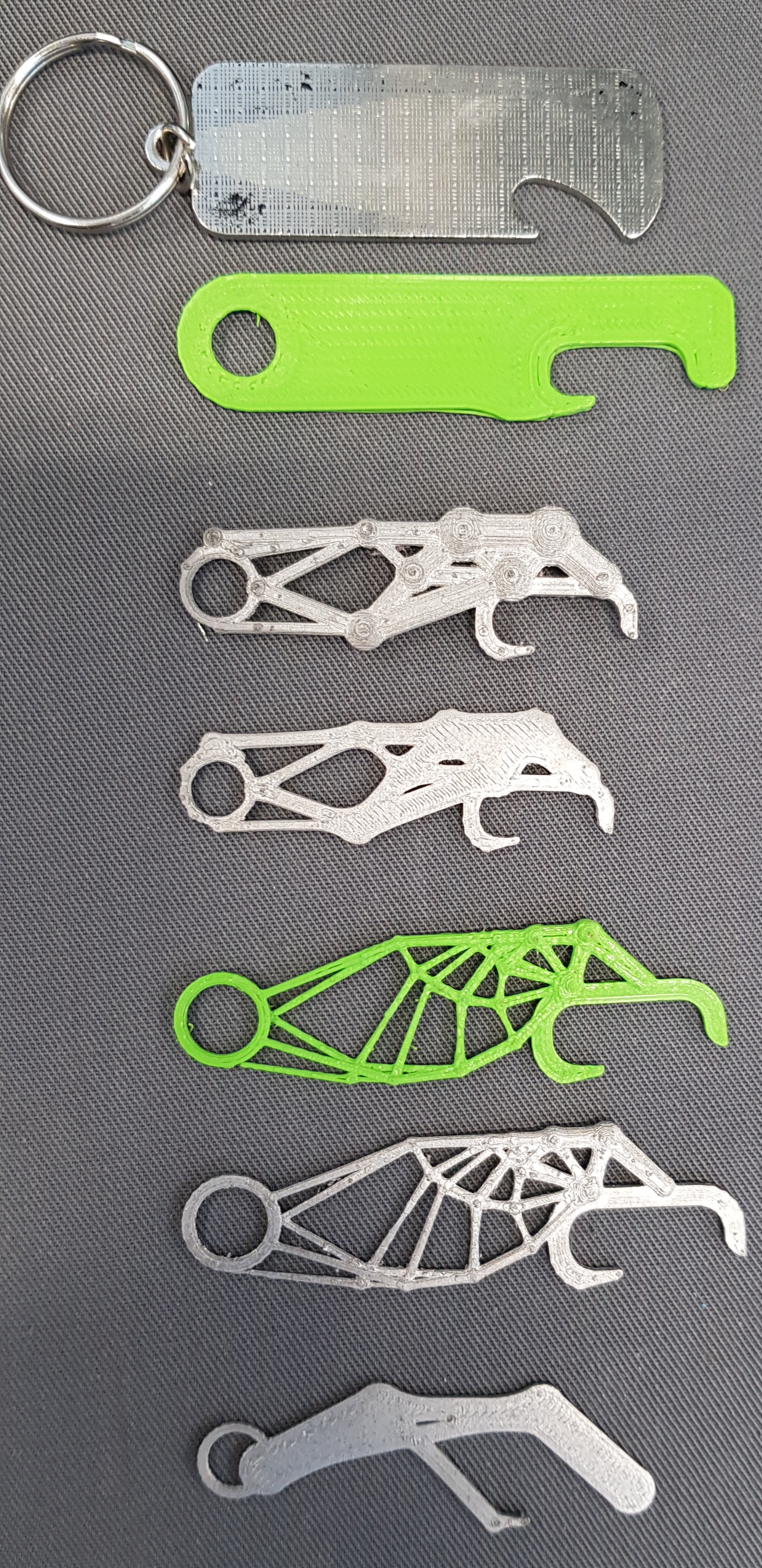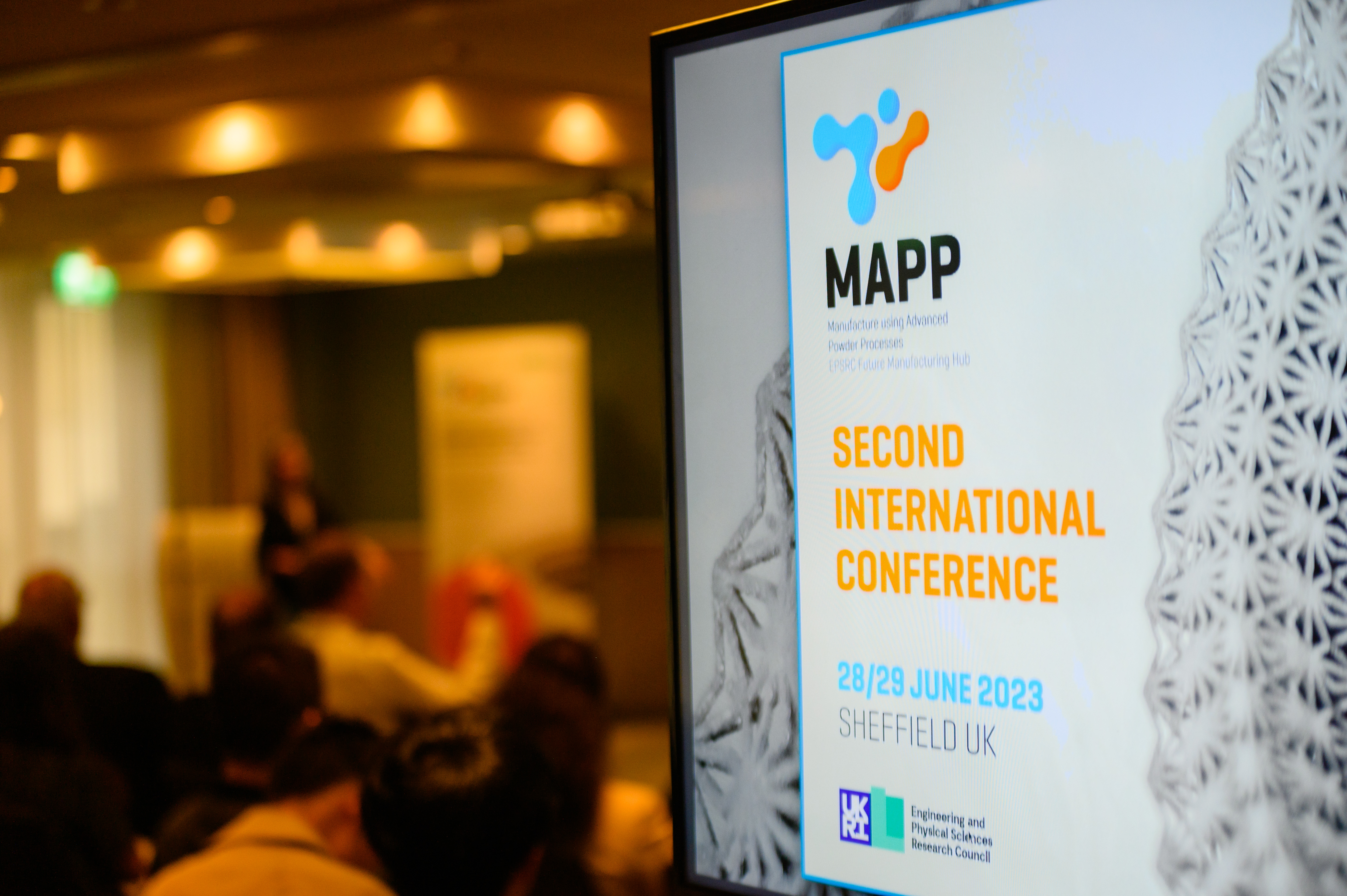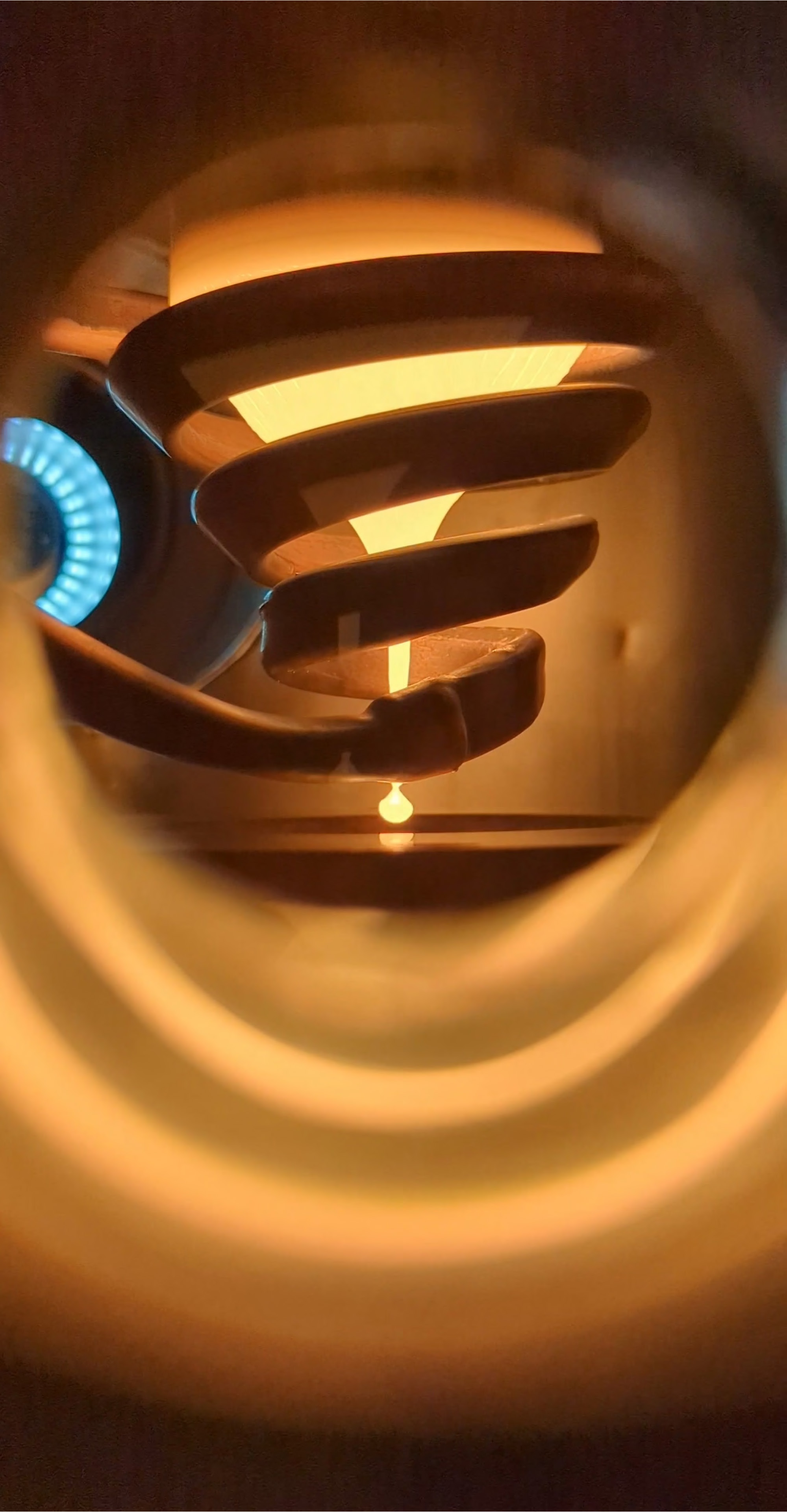All News /
News:
MAPP researchers host sixth form work experience student
02 / 04 / 20
MAPP has been involved in a variety of outreach and engagement activities this year, some of these have been large scale like the ‘Get Up to Speed with STEM’ event in South Yorkshire which attracts many thousands of visitors each year, and some are more focused.
One of these was the hosting of a sixth form student on work experience for one day per week over a six month period.
Josh, from Lady Manners School in Bakewell, worked with MAPP researchers and The Henry Royce Institute, Sheffield colleagues at the Royce Translation Centre (RTC) to learn about advanced manufacturing machines, processes and materials.
He began by working with technician John to understand how some of the equipment worked and how to troubleshoot problems.
He went on to learn how to use Autocad software to design several items and became so proficient in its use he was able to transfer his new knowledge to his A level project work. Josh was set on a project to study the effects of reducing the amount of material in an item whilst retaining its strength and usability.
The item of choice was a bottle opener which he designed, prototyped on a desktop 3D printer.
Then during his full week on-site in June he spent time learning how to use the Desktop Metal System and went on to print his designs in 316L stainless steel material.

This image shows how much material he was able to remove from the design – and testing showed that they all still work.
Josh said: “I liked that the learning process of how to use the machines was not like at school, although I learnt about what they do at the RTC, and about all of the machines there, I was mainly working on a project where I learnt how to use a new piece of software from civil engineering.
“I had the chance to experiment with the software to see how it could be used for smaller-scale 3D Printing on their Desktop Metal systems. In this project, I used iterative design to design and manufacture a key chain bottle opener using this software.
“I also felt pleased that I was then able to share what I had learned with the researchers there. I’m really grateful for the opportunity and would especially like to thank Dr Rob Deffley for his support.”
More:
News
-

-
Exploring STEM - 4th May 2023
The MAPP Stand was a hit at the Exploring STEM for Girls event at the Octagon on the 4 May 2023.<...

